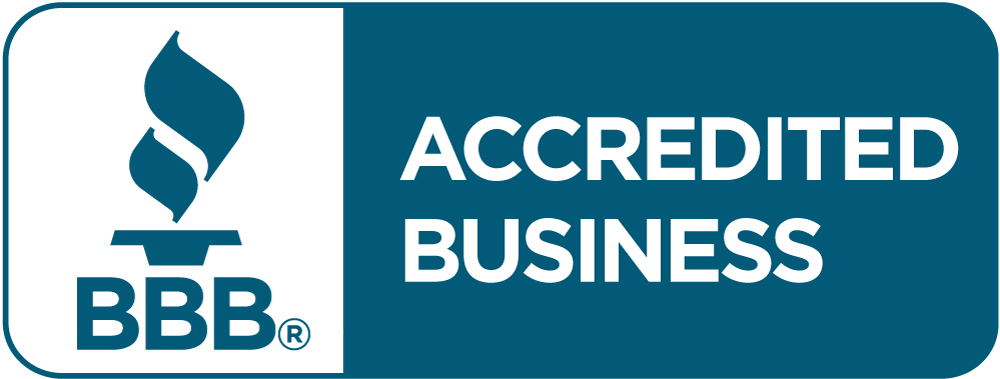Quick Links
ToggleMany business owners operate on a tight budget, making an unexpected tax bill a potentially serious issue. If you’ve been faced with this situation, you may wonder whether you can take out a loan for taxes and, if so, whether it’s a smart move. The following guide will provide a brief overview of the answer to these questions, so you can make an educated decision.
Can You Take Out Loans to Pay Taxes?
In most cases, you can use a business loan or a personal loan to pay your taxes. However, depending on the lender you choose, there may be some restrictions on how you’re allowed to use the funds. For this reason, it’s a good idea to read your loan documents carefully before taking out a loan for taxes.
For a traditional business loan, there’s typically no issue with using the funds to pay your taxes. However, you’ll need to make sure you add the loan to your balance sheet, recording the cash as an asset and the amount owed as a liability.
If you’re taking out a Small Business Administration (SBA) loan, it’s important to note that general guidelines only allow the funds to be used to refinance certain business debts. Some types of SBA loans allow you to use the funds for taxes under certain circumstances, but you’ll want to confirm the details related to your specific loan.
Benefits of Taking Out Loans to Pay Taxes
Taking out a loan can help you make your tax payments on time, so you can avoid having to pay late fees or interest fees charged on late payments. If you’re significantly behind on your payments, you could also face a tax lien and problems with your credit score. Taking out a loan to settle up with the IRS can help you put many of these issues behind you.
Even if you’re not in danger of falling behind on your tax payments, taking out tax payment loans can help free up your business cash flow for other purposes. This could range from meeting payroll or purchasing necessary inventory to reinvesting funds in a way that allows you to continue to grow your business.
Depending on your industry and how much you owe, you may also consider taking out a merchant cash advance, which would give you some additional flexibility with your loan repayment terms. This can be an additional benefit versus setting up a strict payment plan with the IRS.
Drawbacks to Consider
While the benefits of using a loan for taxes may be attractive, there are also some potential drawbacks to consider. Not only do you need to make sure your lender allows you to use the funds for tax payments, but you’ll also want to ensure the interest on the loan isn’t more than what you would pay in interest on taxes owed.
Some loans also have a minimum loan amount. If this amount is larger than what you owe on your taxes, once you factor interest in, you may find that the loan costs more than the cost of late tax payments. Before you use a loan for taxes, be sure to carefully weigh the potential pros and cons to make sure it’s the right choice for your specific circumstances.
Is a Tax Payment Loan a Good Idea for Your Business?
Taking out loans to pay taxes may be a good idea if you are in danger of making a late tax payment, are short on cash flow, and don’t have another source of financing that would cost you less than the interest you’ll pay on the loan. If you don’t want to deal with the complexities of an IRS payment plan or the rate on your loan would be less than the rate the IRS would charge, then a loan may also make sense.
Zinch offers flexible financing solutions specifically designed to meet the needs of small business owners. Whether you’re looking for fixed or flexible payment options, we have a solution that may be right for you. Contact us at (714) 500-6622 to learn more about your options. You could qualify for a loan of up to $250,000 in just 24 hours.










